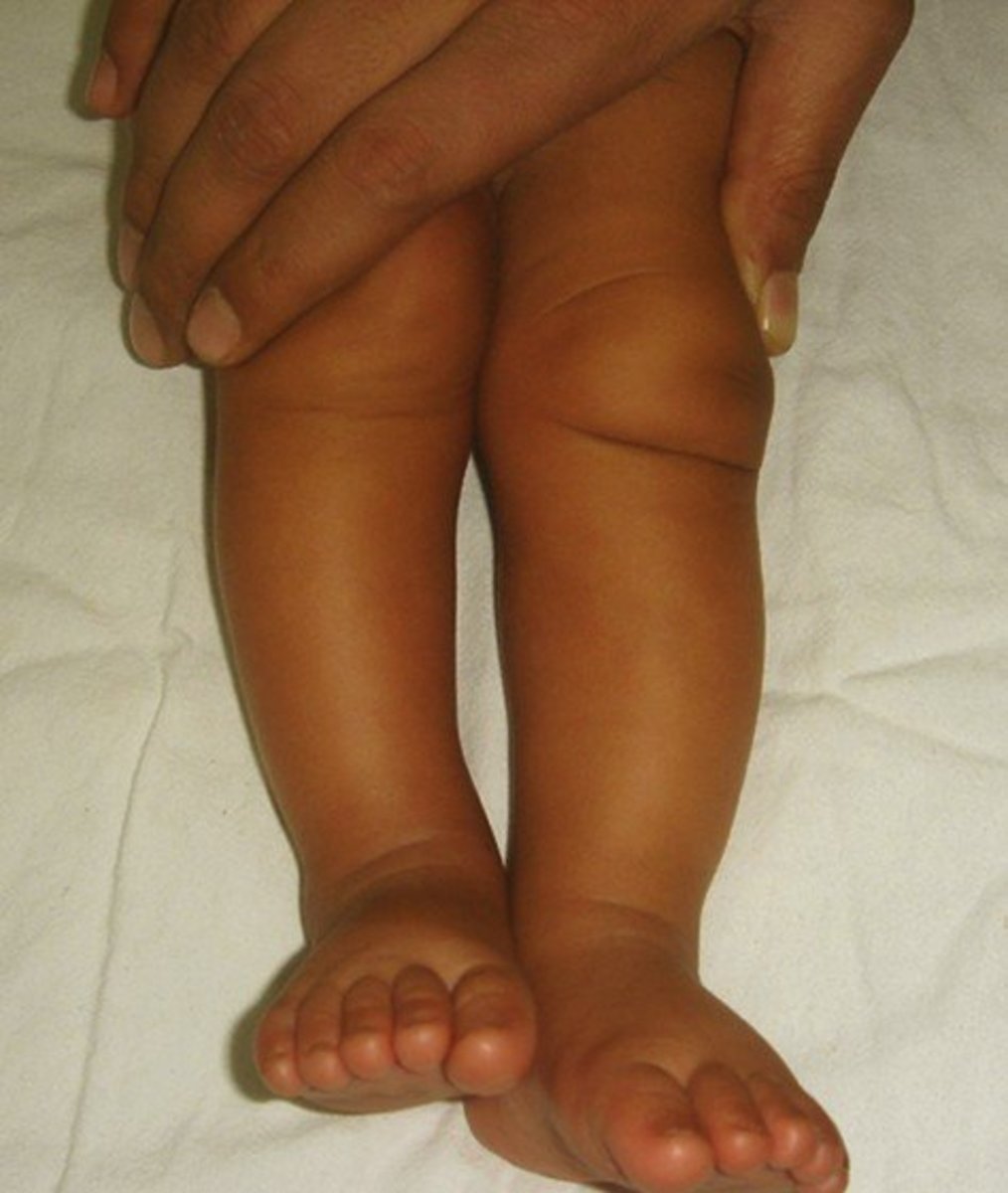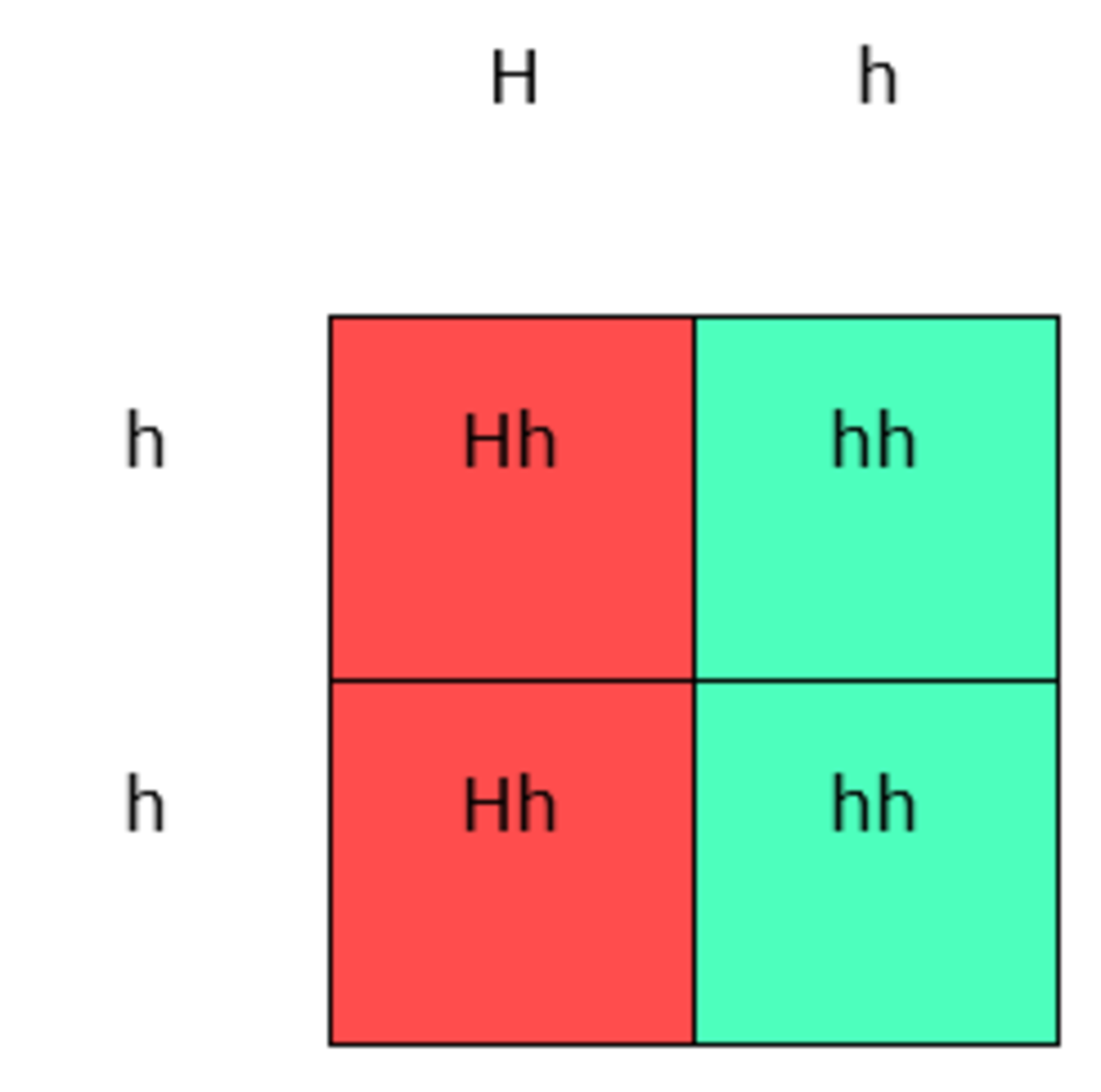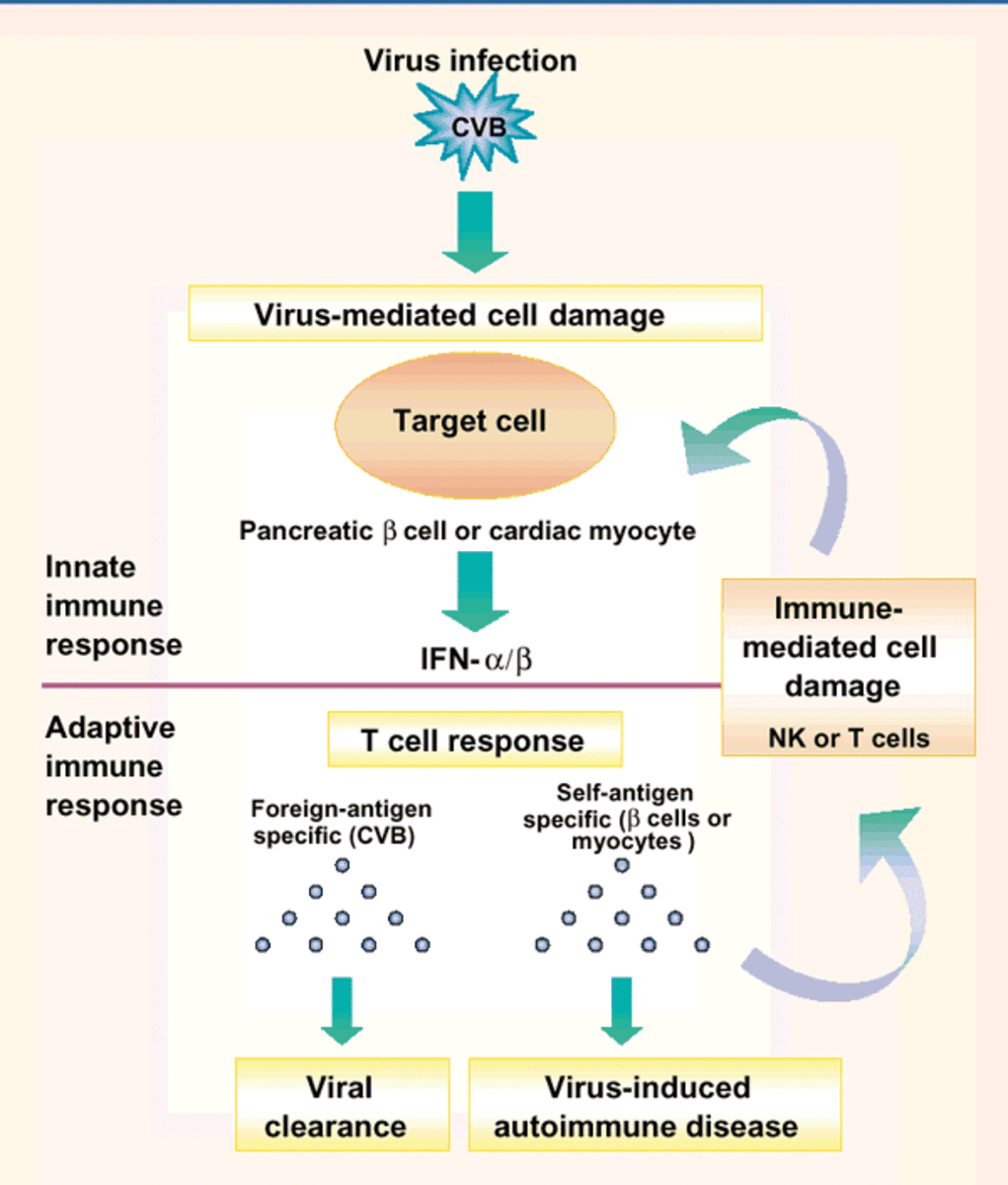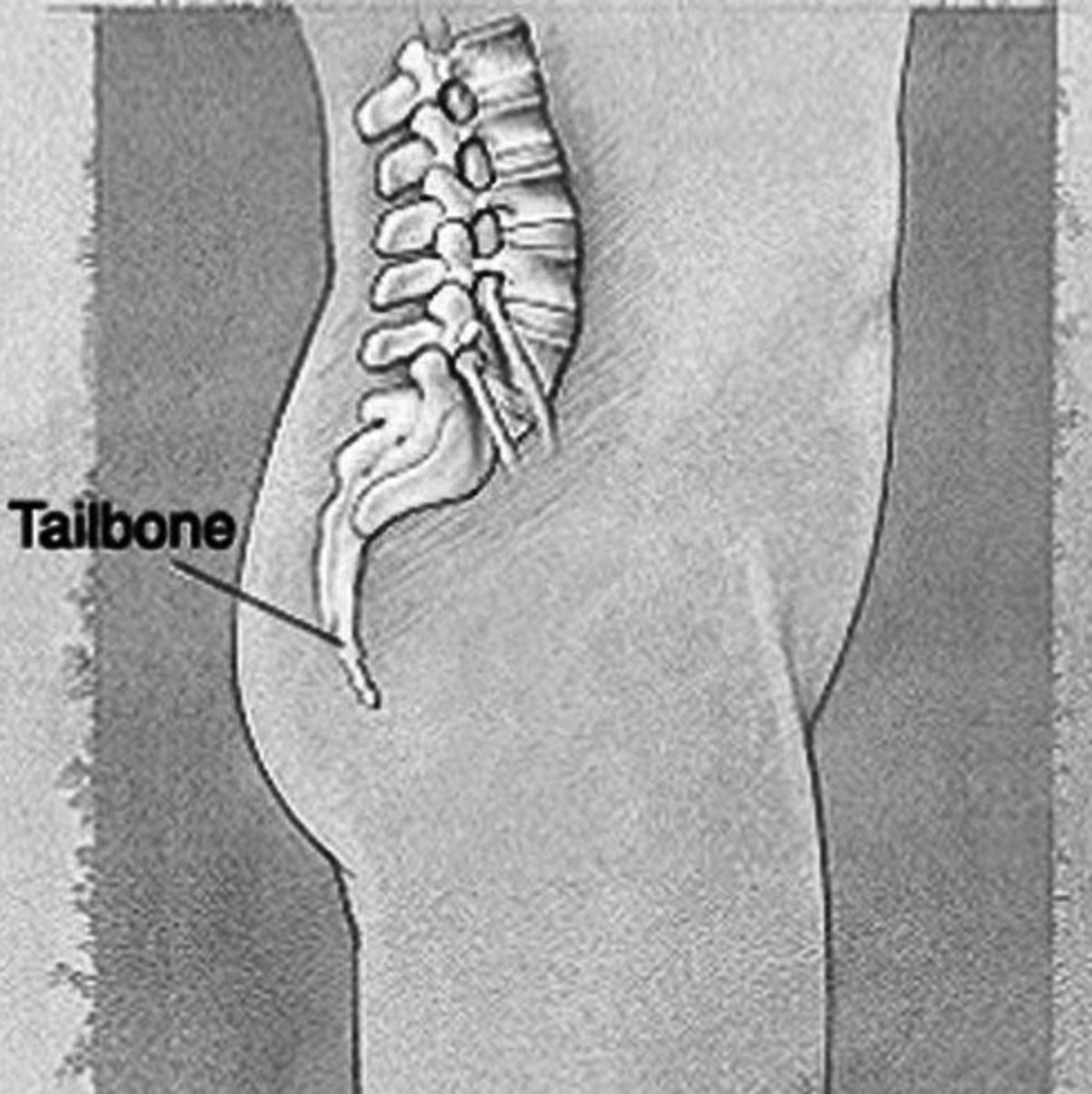Tourette Syndrome: Fact and Fiction
Tourette Syndrome: Fact and Fiction
Tourette’s is a neurological disorder that comes on in childhood. It is characterized by both motor and at least one audible tic. Tourette’s is considered common with most cases being mild, and most children outgrowing by the time pass adolescence. The cause of the syndrome is unknown.
My son is 9 years old and has Tourette’s. I hesitate to say he suffers with it, though being a 9 year old who is different, albeit only slightly, from other kids his age is always hard. My son has had symptoms of Tourette’s for at least five years. When he was 6, he was “diagnosed” by a neurologist, though the neurologist said they would not formally diagnose unless symptoms went past adolescence.
For those with children with Tourette’s, do not feel alone. Nearly 10 per 1000 children have Tourette’s. Even adults with the syndrome have gone on to progress in to healthy, prosperous and normal lives. Tourette’s is commonly showed on television as a “funny” problem that makes children or adults curse uncontrollably and sometimes reminds me of an unruly parrot that keeps repeating shaming phrases. Here are some things about Tourette’s you may or may not have known.
- Fact – Children Can Grow Out of Tics – Approximately 10% of children go on to be adults with Tourette’s. Tics usually peak before mid-teen years, and improve by late teens or early adulthood.
- Fiction – Tics Are Involuntary – This is not entirely true. My son describes the tics as something he “can’t control”, but also specifies that if he tries really hard he can control them. Instead of involuntary movements and sounds, he classifies the tics as something that is uncomfortable to hold in. He feels compelled to do it. It is much like Obsessive Compulsive Disorder (OCD). For instance, someone who washes their hands hundreds of times a day. That person doesn’t “have” to wash their hands hundreds of times. They are acting on an impulse to do it. They “must” do it or they cannot concentrate on anything else. Tourette’s is very similar in this way. There can be a build-up of tension if a person tries holding in the tics for a long time.
- Fact – Tourette’s is Inherited – Parents who have the gene have a 50% chance of passing it to their children. Boys are more commonly affected than girls. In our case, many people in my family have been diagnosed with OCD – myself included. OCD is commonly associated with Tourette’s and my son has many symptoms of that as well.
- Fiction – People with Tourette’s Always Curse Involuntarily – Tourette’s tics that include cursing is called Coprolalia. Only about 10% of people overall, or 8% of children, with Tourette’s display symptoms of involuntary cursing. This is a stigma that has been created with TV shows and movies. Motor tics normally include excessive eye blinking, facial gestures, rapid jerking, grimacing or any other number of things. Audible tics include throat clearing, grunting, hissing, spitting, screeching and sometimes complex phrases.
- Fact – There is No Cure for Tourette’s – While there are constant clinical trials going on for treatments or cures for Tourette’s, there is currently no cure. Extreme tics may require treatment and the doctor may prescribe a Neuroleptic. Tics are not 100% eliminated with medication. You can also try herbal remedies with your doctor’s permission, or try a different diet. We’ve been trying a low-sugar diet which has helped our son immensely.
- Fiction – Kids with Tourette’s Need Special Education – It is true that children with Tourette’s might cause a distraction in a normal classroom depending on the severity of the syndrome. This should be taken on a case-by-case basis. Most children can stay in a normal classroom. Children with Tourette’s are more likely to suffer from ADD or ADHD. They have impulsivity problems. However, most children are of normal intelligence or even above-average. Our son has been tested as a gifted student. While he has trouble concentrating in class, his grades are A’s and B’s and he is extremely intelligent and creative.
- Fact – Children with Tourette’s are Going to be Teased – What child doesn’t get teased at some point in their childhood? I was teased for having short hair, being ugly, being a slow reader, you name it. My son has been teased, but the way he is raised has a lot to do with his reactions. When he has tics, I am very sure the staring and teasing is hurtful. He said to me, “My real friends know I can’t help it. The kids who make fun of me are not kids I would want to be friends with anyway.” I found this inspiring coming from the mouth of a 9 year old. We’ve always taught him to be who he is and don’t worry about what anyone else thinks. As long as you teach your child to be secure in his own skin, it won’t matter so much what others think.
Here are some other tips for parents that could be helpful:
- Encourage your child to tell others about his condition if asked. Let him know it’s okay to take up for himself with kids and adults alike. You wouldn’t believe how many adults have chastised our son for the motor tics. Most times, when informed about his condition, they apologize and are extremely embarrassed about their words.
- Inform teachers so they know it’s a condition and it’s not meant to be a distraction to the class.
- Tell your extended family about the tics and encourage them to ask questions if they feel the need. They should feel comfortable looking your child in the eye when they’re speaking to him even if he’s having an episode.
- Tell your child when he’s having motor and audible tics. Many times he doesn’t realize it’s going on. Sometimes our son can stop or calm them if he’s told about them.
- Treat your child like any other child. Don’t single him out or make him feel weird.
- There are many famous people in the world who suffer from Tourette’s and similar neurological disorders like writers, athletes, actors, comedians, and successful business people. Tell your child about this to encourage him for the future.
- See your pediatrician and have an open dialogue about your concerns.







